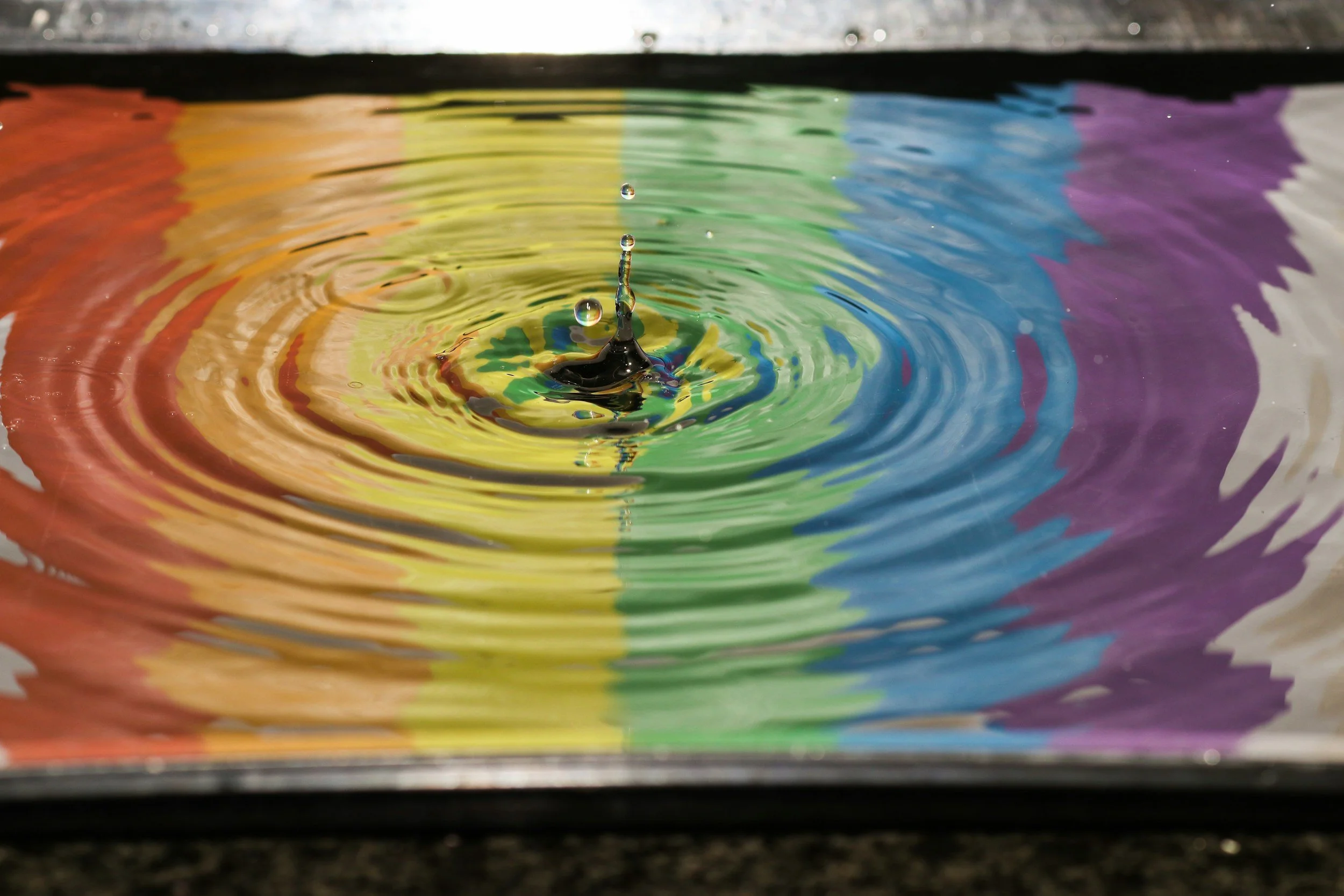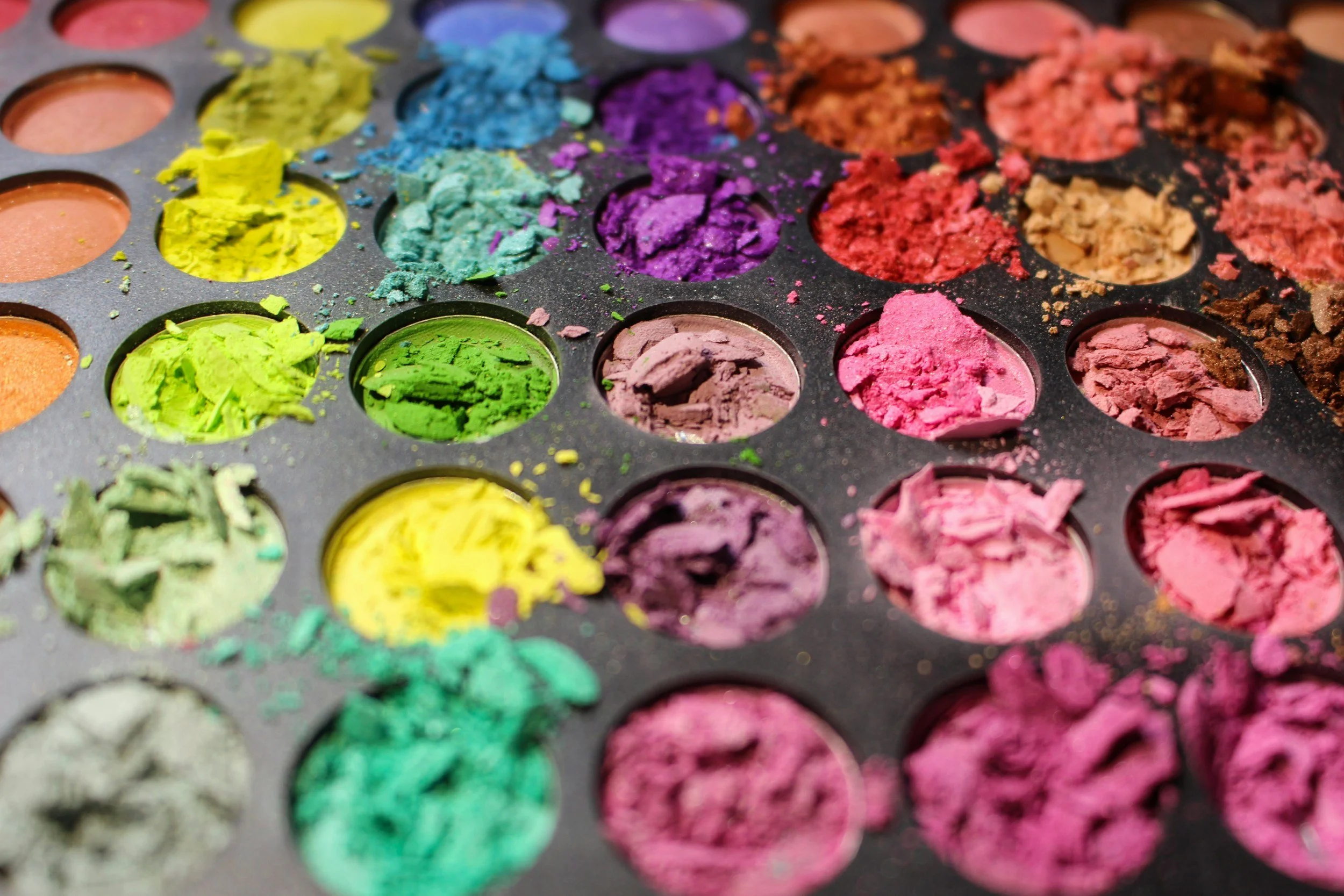It’s natural and a sign of high self esteem to want to improve yourself. The main difference between wanting to do better and wanting to do the BEST is how you view mistakes, shortcomings, or flaws. The person striving for improvement sees their mistakes as a natural part of the process, not as a sign of failure. The perfectionist sees their flaws as cancelling out any good they have done.
The pandemic has burdened a lot of our social circles from seeing each other as often as we did in the past.
This may not be the popular opinion, but a lot of us are fine with that. For many people, less emphasis on socializing has been a relief.
Introverts, people with social anxiety, busy parents, people paying down credit card debt. A bunch of us were glad to not have to look for parking every weekend.
However, you may have been feeling lonely and isolated this whole time. And it may not be just because of the pandemic. Perhaps something deeper is at play?
If you spend so long coming up with the right thing to say that you delay interacting with anyone, your problem could actually be perfectionism. This, in fact, is great news!
While we can’t control the ebbs and flows of the world outside, we can always control how we choose to face it. Let’s talk about why overcoming your perfectionism could be the key to several ongoing problems in your life.







